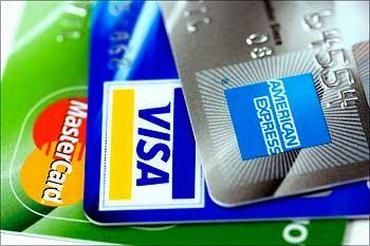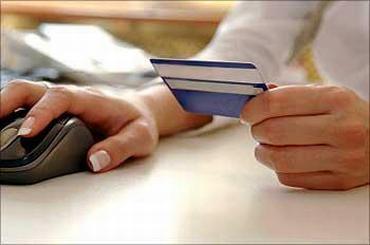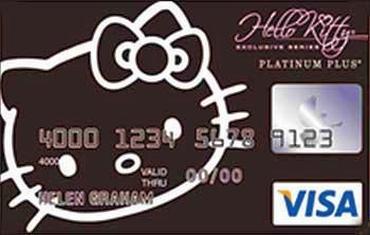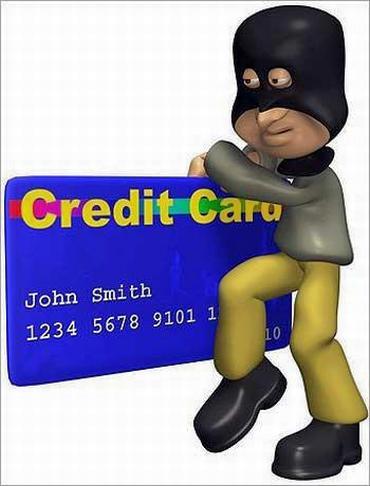
There is a general tendency to carry more and more credit cards nowadays. This is particularly true when the card comes for free and there is not much hassle in getting one. For a few of us, credit cards have become an integral part of life and for others, a style statement. Some credit cards offer discount on select items and others provide lucrative offers on redemption of reward points.
But how many credit cards should one hold? One, two, five, ten... There is no particular answer to it. But as per my personal opinion, one or two is enough. However, you may disagree. So, before we arrive at a common platform, let's touch the basics first.
How do credit cards work?
Whenever you swipe your credit card at any store or use it for online transactions, it connects to the credit card issuer (the bank) via various service providers. For each transaction, these service providers charge certain percentage of the transaction. Once the issuing bank validates your details, your transaction is either approved or declined.
The best part is that it all happens within seconds. But the same happens when you swipe your debit card. So why use credit card? For simple cashless transaction, debit cards also provide similar facility as credit cards. What extra do credit cards offer?
The author is co-founder and director of Bangalore-based Perfios Software Solutions Private Limited. www.perfios.com is a personal finance software solution that provides a 360-degree view of your personal finance, with very little manual intervention.

The biggest advantage of credit card is that you can buy stuff even when you don't have enough money in your bank account. To use a debit card, on the other hand, you need to have an equivalent (or more) amount of money in your bank account. However, if you default or don't pay your credit card bills on time, you will be charged a hefty 2.5 per cent to 3 per cent interest per month (30-36 per cent interest per annum). Additionally, a fixed amount of Rs 300 to Rs 500 is charged as late fee for delayed payments. This is how credit card issuer (the bank) makes money.
There's another angle to credit card usage.
If you buy things using credit card you get a discount on certain items. The best example is the discount at the petrol pump. When you pay for your petrol bills using credit card, a small percentage of money is credited back to your account after 15 to 20 days.
On the contrary, if you use debit card at fuel pumps, banks deduct some money as service charge.
Both credit and debit cards can be used for withdrawing money from ATM. However, if you use credit card for withdrawing money, the card issuer (the bank) charges certain fee ranging from Rs 300 to 3 per cent of the amount. Whereas, ATM transaction is free if you use your debit card.
Another advantage of credit card is free gifts via redemption of accumulated reward points. Whenever you use your credit card to purchase things, you earn reward points. If these reward points grow big, it can be exchanged for some goodies. This facility is not generally available in the case of debit cards.

Credit cards do provide you many advantages. However, the higher interest rate on default or late payment charges makes it a risky proposition. Hence, unless you track you transaction regularly and are very punctual on bill payments, limit your credit card usage. Below are few suggestions for credit card holders.
Taking these small precautions can reduce your risk to a great extent and help you get the best out of your credit card.

Now that we have discussed about merits and demerits of credit card usage, it is time to conclude our initial discussion. How many credit cards should I hold? Like we discussed, most of the facilities that credit cards provide can also be effectively taken care of by a debit card and that too with less burden. Hence a combination of the two cards can serve your purpose.
As a general rule of thumb, one should hold two credit cards in addition to couple of debit cards. Though all credit cards serve the same purpose, we are recommending two only so that just in case one card faces some technical issue, second card can be used then.
Another practical thought is to apply for an add-on card for your spouse, instead of having two different cards for two individuals; each can apply for an add-on card for the other. As these cards generally comes free (along with the first card) and the billing is done on the same account hence giving you a improved aggregation of transactions and providing a platform to manage your personal finance in a better fashion.
And finally a word of caution -- use credit card scarcely. Wherever possible, give preference to the debit card. This will help check your expenses and the accompanying debt from ballooning. Wish you happy spending.